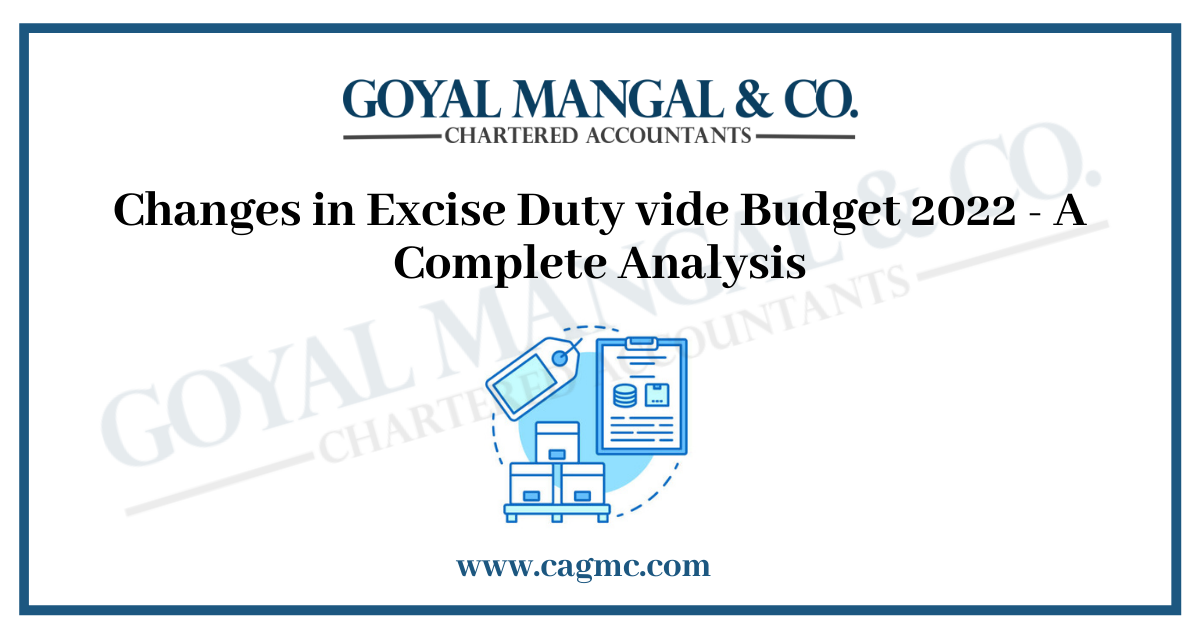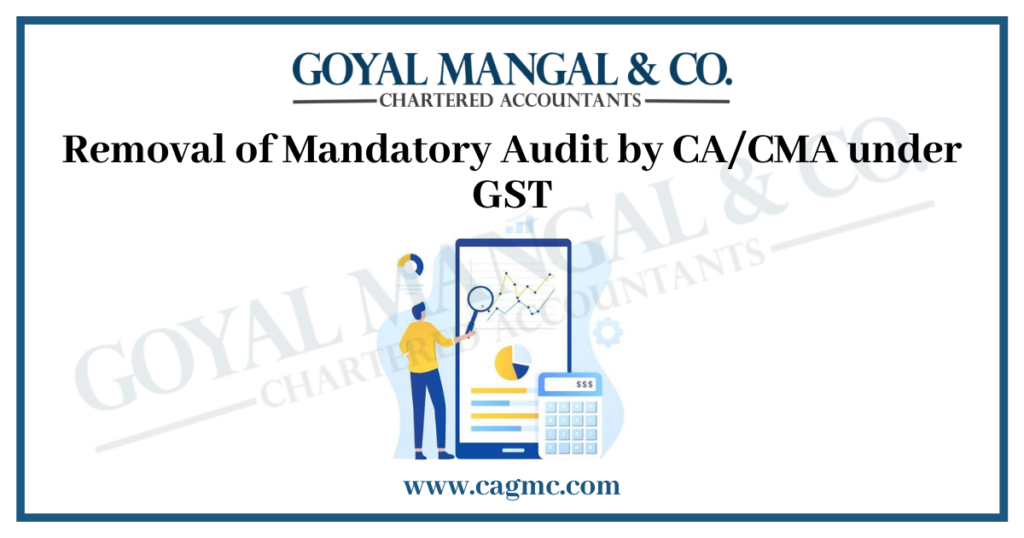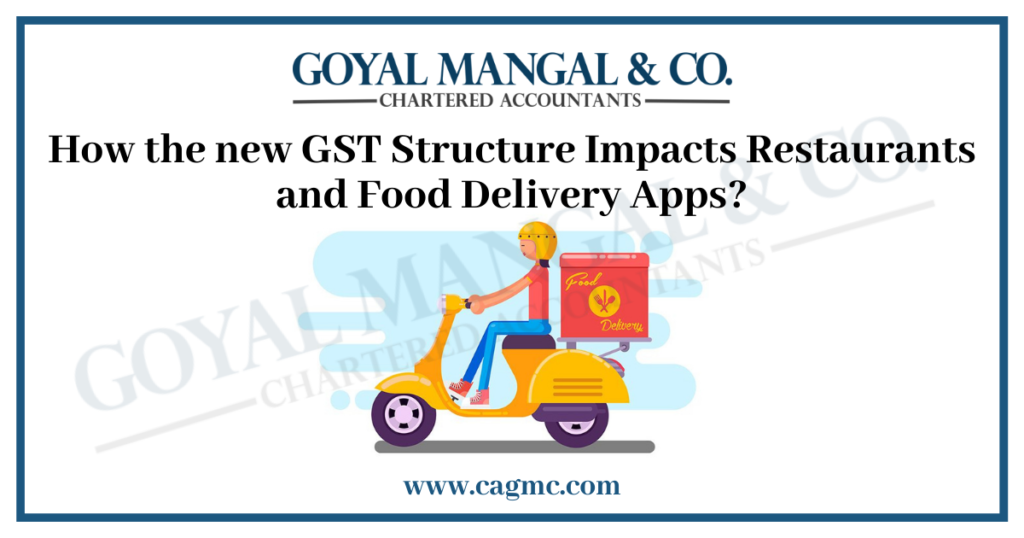
The Union Budget for 2022 took place just as the Indian economy was preparing for the next phase of expansion. Despite the fact that the economy is still recovering from the pandemic; the administration expects it to grow at a rate of 8 to 8.5 percent in the coming fiscal year. This would maintain India’s position as one of the world’s fastest-growing economies. According to the first comments on this year’s budget, it aims to assist such growth by fostering a greener economy, exploiting the digital revolution’s influence, and creating a more business friendly climate. In this article, we will be discussing changes in excise Duty vide Budget 2022.
|
Table of Content |
Excise Duty
The Excise duty is a type of indirect tax levied on the sale of specific goods. The customer does not pay excise duty directly to the authorities; instead, it blends with the cost of the product by the producer or merchant and then passed it on to the consumer in the form of higher pricing. The Excise Duty Act, 1944 oversees excise duty laws in India, and the Central Board of Excise and Customs administers the levy.
Who Is Responsible for paying Excise Duty?
Because there is an imposition of excise duty on the manufacture of goods, the producer is responsible for paying excise duty to the government.
The following are the three parties who must pay excise duty:
- The person or company who created or manufactured the items.
- Person or entity in charge of hiring workers to create things.
- The person or entity in charge of overseeing the production of commodities by third parties.
Changes in Excise Duty vide Budget 2022
The following are the changes in excise duty vide budget 2022:
- Fourth Schedule Amendments: Two new tariff items, 2710 12 43 and 2710 12 44, have been added to the Fourth Schedule of the Central Excise Act, 1944, relating to E12 and E15 fuel blends, which comply with the new BIS specification [IS 17586] for Ethanol Blended Petrol with percentages of ethanol up to twelve (E12) and fifteen (E15) percent, respectively. This will bring the Fourth Schedule of the Central Excise Act, 1944 into line with a similar proposed change in the First Schedule of the Customs Tariff Act, 1975 sub-heading.
- Changes to the effective rate of the additional basic excise duty on unblended petrol and diesel: To encourage the blending of Motor Spirit (commonly known as Petrol) with ethanol/methanol and High-Speed Diesel with bio-diesel, an extra Basic Excise Duty of Rs. 2 per litre will be there on Petrol and Diesel intended for retail sale to customers without blending, beginning October 1, 2022.
- Amendments in Schedule VII to The Finance Act, 2001: The Central Excise tariff item 2709 20 00 is being replaced with 2709 00 10 [Petroleum Crude] in the Seventh Schedule of the Finance Act, 2001.
- Other Modifications [Including Clarifications/Technical Modifications]: Retail Sale Price (RSP) based valuation for selected items is provided for in Notification No. 49/2008-Central Excise (N.T.) dated 24.12.2008, which prescribes an abatement as a percentage of the retail sale price for such commodities. The Central Excise Act, 1944, Section 4A, presents this in this notification. The statutory/legal situation has altered since then. As a result, this notice has been superseded by notification No. 01/2022-Central Excise (N.T.) dated February 1, 2022, in order to bring notification No. 49/2008-Central Excise (N.T.) into line with the current legal situation following the implementation of the GST system.
Customs and Central Excise Changes in the Budget 2022
The following are the key changes to Customs and Central Excise implemented by the Finance Bill of 2022:
- Duty-free imports of handicrafts, garments, and leather items for use in the creation of value-added commodities are subject to export within six months with conformity to IGCR criteria.
- A procedure including crowd sourcing and contributions from many ministries is there to conduct a complete evaluation of Customs Duty Exemption on capital items and project imports.
- More than 40 customs exemptions are to be gradually phased out by the stipulated end date; following a thorough evaluation of custom duty exemptions on capital items and project imports.
- To operationalize the Phased Manufacturing Program for wearable and hear able devices, smart meters, parts, sub-parts, and assemblies thereof; a new import duty rate structure will be notified.
- Tariff rates are being subject to adjustment from unconditional concessional rates imposed by various notifications. These modifications to the tariff rate will take effect on May 1, 2022.
- Under the Provisional Collection of Taxes Act, certain rate modifications in the customs tariff take effect immediately.
- The purpose of presenting new IGCR Customs (Import of Goods at a Reduced Duty Rate) Rules; and Forms is to make the centre process more digital and will take effect on March 1, 2022.
- The Customs Act has undergone significant revisions, particularly in terms of defining the class of officers and assigning functions and jurisdiction to proper officials. Certain acts by such Customs officials in the past has approval from the Finance Bill, 2022.
Penalty
Failure to pay your excise duty on time might have serious financial consequences. Moreover, the amount of the penalty might range from 25% to 50% of the amount of tax evaded; depending on the regulations governing excise duty. The excise charge is typically a large sum, and the penalty, when calculated as a proportion of it, can be significant.
Endnote
As we all know the customer does not pay excise duty directly to the authorities; it blends with the cost of the product by the producer; or merchant, and then passed it on to the consumer in the form of higher pricing. Finally, we may conclude that paying excise duty to the government will aid India’s economic progress.


